Leading water and energy solutions provider, Davis & Shirtliff is advising Kenyans with wells, boreholes or reservoirs of possible water contamination due to flooding conditions currently being experienced in the country.
If water from your well, borehole, or water tank has experienced a recent discoloration or has been inundated with floodwater you should boil the water as a precaution or use bottled water until a sample has been tested and confirmed safe, Davis & Shirtliff says in its advisory.
An advisory earlier released by the Kenya Meteorological Department has indicated most parts of the country will experience increased rainfall intensities of more than 40mm. Areas of concern include Western, South and Central Rift Valley and Central Kenya including the Nairobi area.
Contaminated water presents several health risks to humans as it may contain bacteria that can cause gastrointestinal infections and other diseases. Children and older adults, as well as people with weakened immune systems are particularly vulnerable so every precaution should be taken if ground or surface water is discolored in any way.
Common emergency precautions
- Only use water that has been properly disinfected for drinking, cooking, making any prepared drink, washing dishes and for brushing teeth.
- Use bottled water or water you have properly prepared and stored as an emergency water supply.
- Boil water if you do not have bottled water. Boiling for at least three minutes is sufficient to kill pathogenic bacteria, viruses and protozoa.
- If water is cloudy, let it settle and filter it through a clean cloth, paper towel, coffee filter, or approved water purifier.
Water can be disinfected using chlorine tablets. These are effervescent tablets which kill micro-organisms in water.
READ: Is Jeff Koinange overrated? Critics agree
Each tablet is formulated to treat a specific volume of water ranging from 1 L to 2,000 L. Remove the tablet from the packaging and add to the water. Ensure that the tablet is dispersed. Wait 30 minutes for disinfection to take effect before using the water.

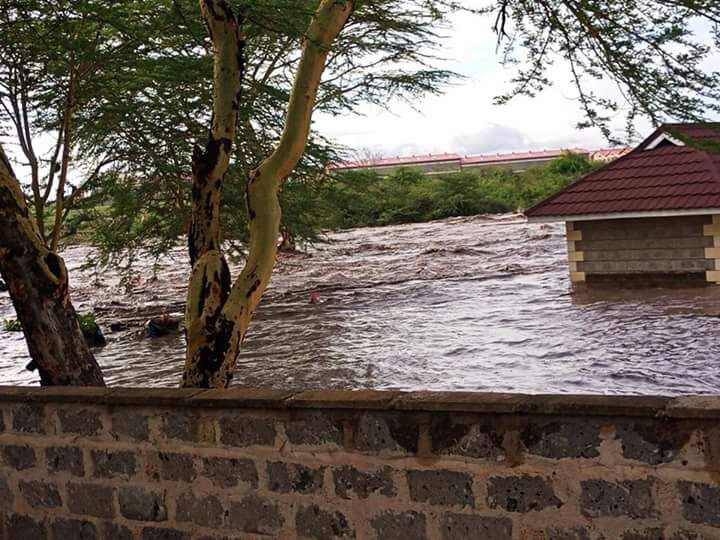



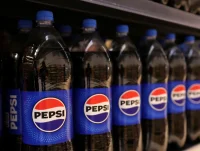




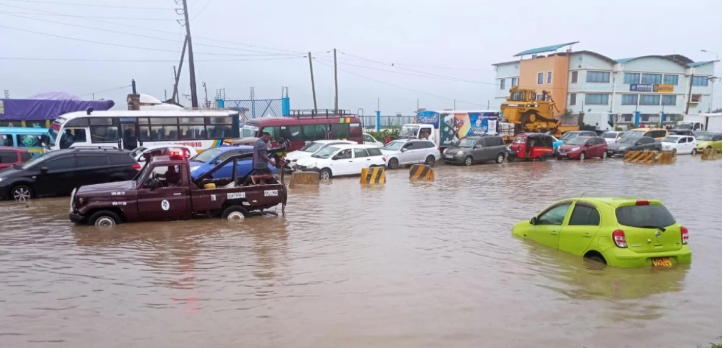
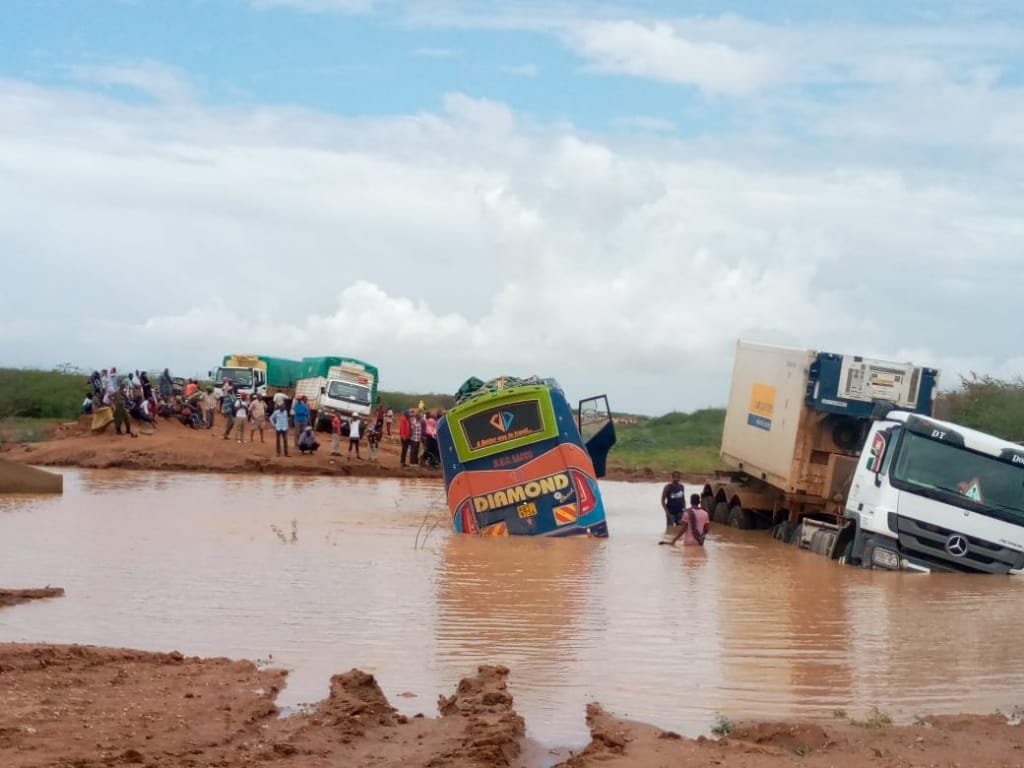
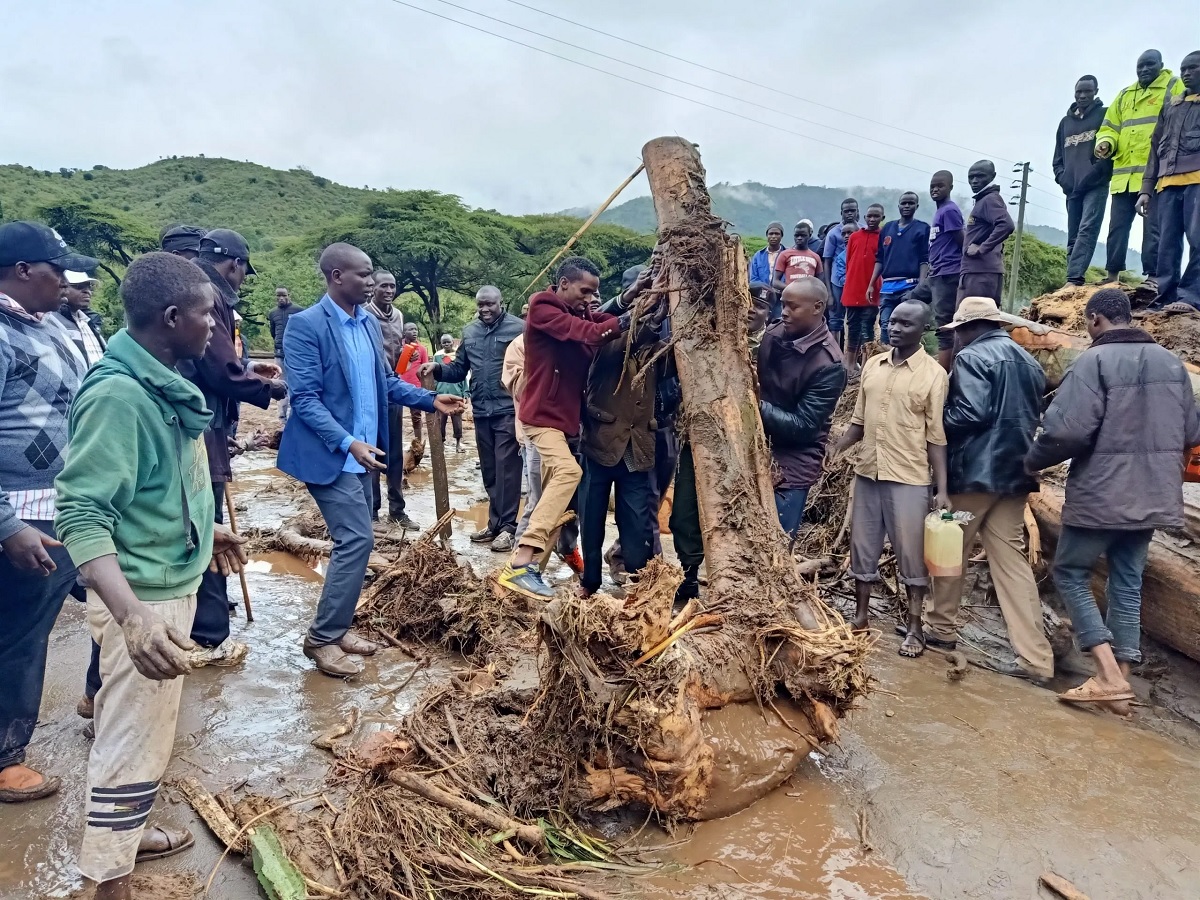
Leave a comment